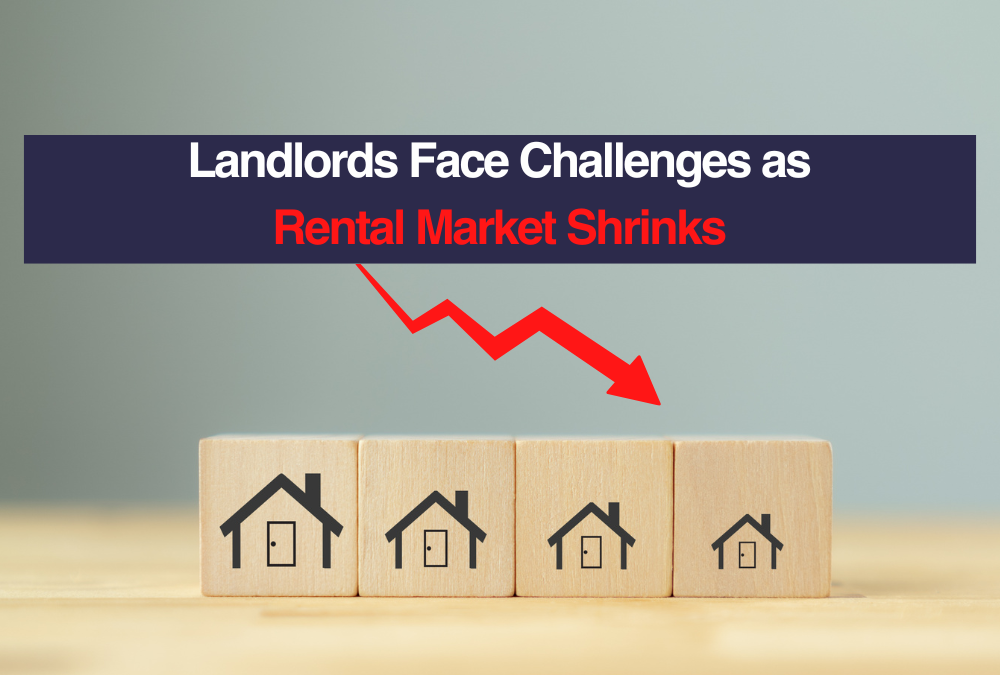Are rent reductions an option?
Many tenants are struggling with financial problems during the Covid-19 crisis and therefore, they are asking their landlords for a rent reduction.
Every case is different – some landlords are better placed than others to be generous, and while some tenants have lost most of their income, others will have felt little if any financial impact.
Suspending or reducing the rent will be a matter for negotiation, but when landlords have decided they are going to offer financial help to their tenants there are some traps they should avoid such as:
- Breaching the Tenant Fees Act 2019 or permanently reducing the rent
What type of rent reduction?
If you have agreed on something with your tenant, you should make sure that both parties understand the details of the deal which has been agreed upon. Landlords can suspend the rent entirely for an agreed amount of time.
One way to structure this is to agree that the rent is suspended until the landlord gives one month’s notice that the rent will resume. However, it would probably be easier to agree that the rent is suspended until a particular date, and then extend that later if necessary.
A rent reduction works the same way – you need to agree on what the temporary rent is, and for how long the reduced rent is in effect.
Instead of fully extinguishing the rent liability, landlords can agree to give extra time to pay – This means that the tenant will have to pay in full later – on a date which should be clearly agreed upon. If the tenant fails to pay by the agreed date, they could still be evicted.
Before responding to requests for reductions landlords should think about their own circumstances, and the tenant’s situation. They should also check the terms of any rent protection insurance they hold.
Formalising the agreement
It is unnecessary to have a formal contract signed by both parties (and during the lockdown unnecessary journeys to sign contracts must be avoided). However, a reduction should always be recorded in writing. That could be an exchange of emails or text messages.
If text messages or WhatsApp messages are used, both parties should keep copies. It is always better to keep screenshots than assume that messages will be available to look at later.
Periodic Tenancies
If the landlord and tenant have agreed to vary the rent during the fixed term, that varied rent could still apply when a period tenancy arises. To avoid this, landlords could agree that a rent suspension (or a reduced rent) applies for certain identified months. – That will make it clear that the reduction is only temporary.
In a periodic tenancy, the landlord may be stuck with the lower rent if the landlord and tenant agreed a lower rent and there is no agreement for the rent to be increased again later. The ‘section 13 notice’ procedure might be available to the landlord to increase the rent, but again it would be much easier to just agree specific months with a reduced rent in effect.
Granting a new tenancy
The current lockdown permits people to move to a new house when necessary, but few people will be moving right now. If you are granting a new tenancy and you want to offer a reduced rent during the Covid-19 crisis, you could offer to accept say half the rent in the first three months.
Rent is a ‘permitted payment’ under the Tenant Fees Act 2019, but landlords are forbidden from charging an increased rent at the start of a tenancy (which would otherwise be a way to impose a hidden charge). However, there is nothing to prevent a higher rent being charged later in the tenancy.
Related Articles
- Rent Arrears & Debt Extension
- Further Rules for Evictions & Rent Arrears
- Advice About Bills During Coronavirus
- Unfair Terms in Tenancy Agreements
- Landlord Property Management in Sheffield








